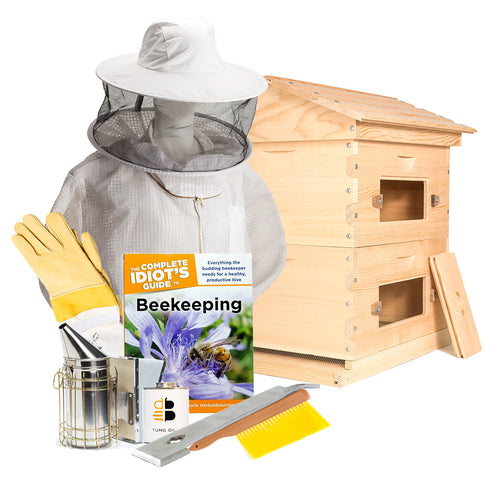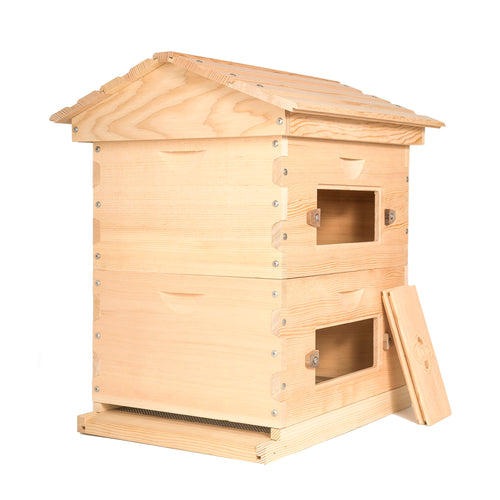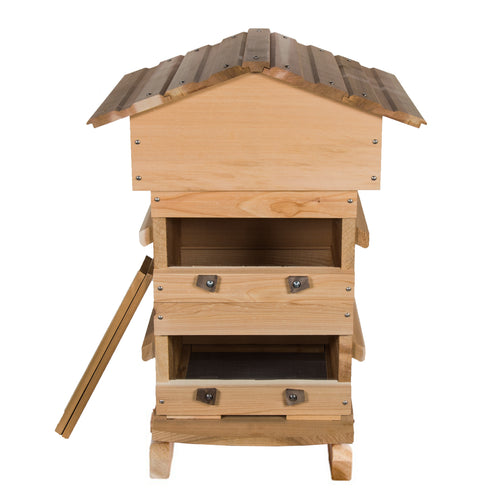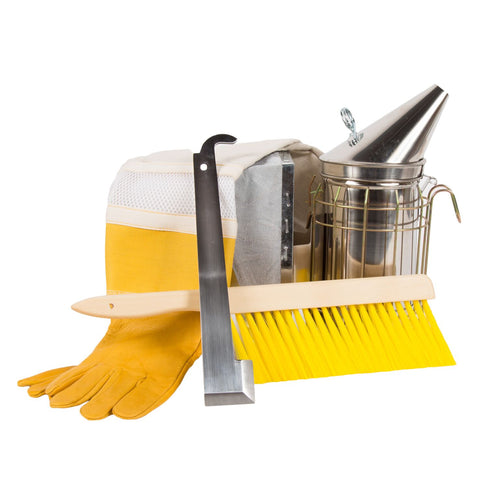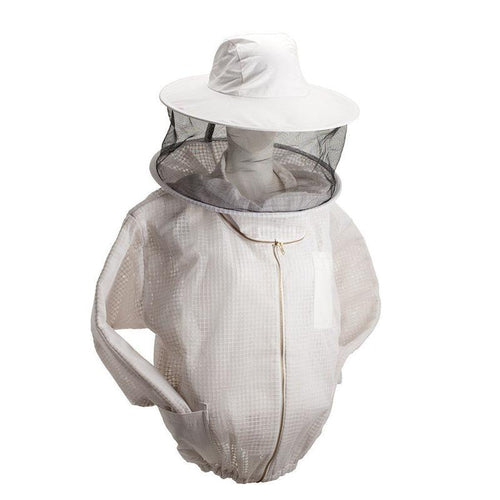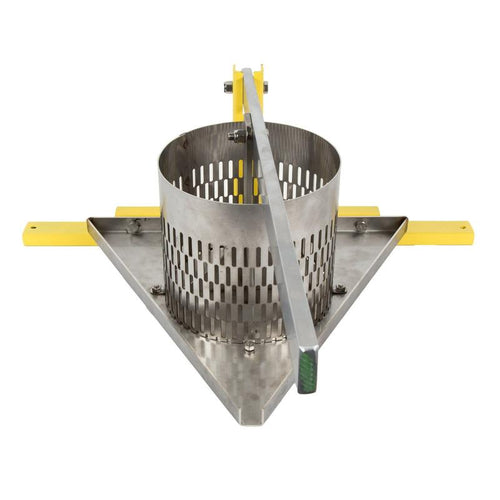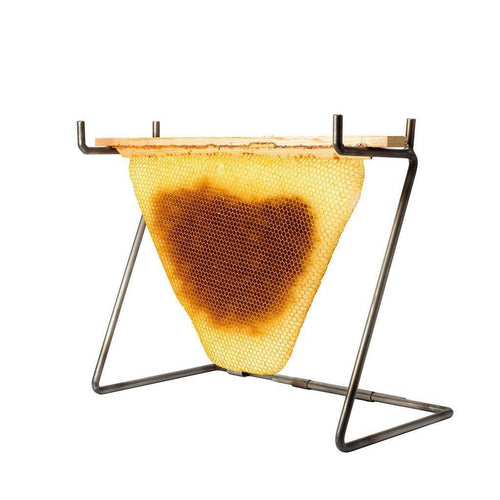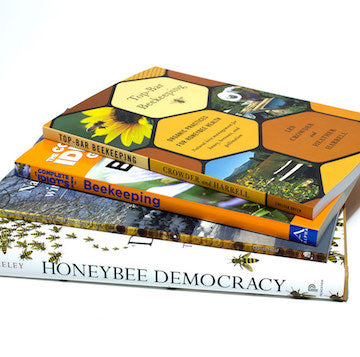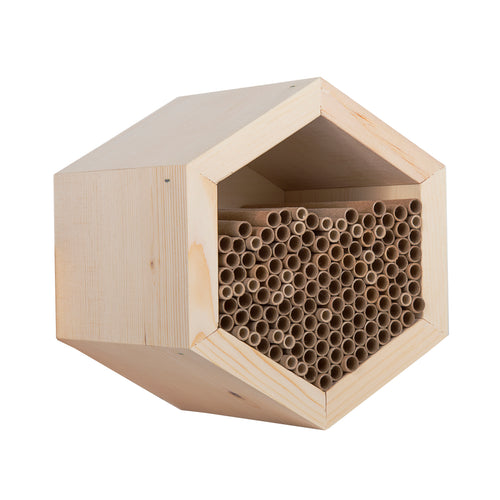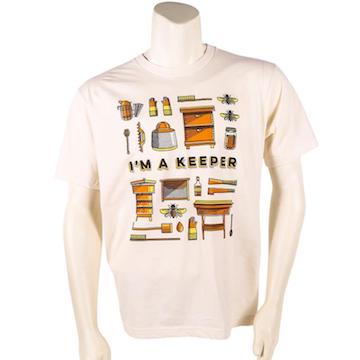We are just days away from Thanksgiving: an annual holiday to celebrate everything that we are thankful for in our lives. Here at Bee Thinking, we have so much to be thankful for: our family and friends, of course, and also for a city that has allowed us to grow into what we are today.
But there is one last thing that we should all be thankful for: pollinators! Honeybees especially are responsible for pollinating a third of the food that we eat everyday, a difficult task considering that bee populations worldwide are struggling in the face of habitat loss, dangerous pesticide use, and disease. We have made it our mission to help protect these crucial pollinators.
As we all sit down to Thanksgiving dinner on Thursday, let’s remember the pollinators that helped make many of our Thanksgiving staples possible. Here are some examples:

Cranberries: It just wouldn’t be Thanksgiving without cranberry sauce! Cranberries also rely on honeybees, bumble bees, and leafcutter bees for pollination.

Apples: Whether you’re looking to bake them into a pie or add them to your stuffing, apples are a crowd favorite. They also rely heavily on pollination by honeybees, Orchard Mason bees, bumble bees, and sweat bees.

Pumpkin and other squashes: Is there any other way to end your Thanksgiving feast than with a slice of pumpkin pie by the fire? Pumpkins (and all squash) are heavily pollinated by squash bees and honeybees.

Root vegetables like beets, carrots, and potatoes: Classic Thanksgiving root vegetables like beets, carrots, and potatoes are pollinated by different types of bees.
Don’t forget that you can also use the holiday to educate those around you! As you sit around the table with your family and friends, talk about why bees are important and how you can help struggling populations. If you are a beekeeper yourself, you might even be able to convince others to join you!


